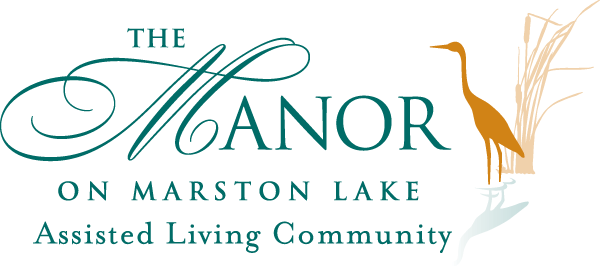Fraudsters have, for many years, targeted seniors, for everything from Ponzi and investment schemes to fake collection claims for bills that they never accrued and debts that they do not owe. It’s sad, it’s despicable, but it is a reality that needs to be faced and dealt with.
The reasons that the elderly are so susceptible are known. Some seniors are susceptible to such schemes because they’re just happy that someone is paying attention to them. Seniors tend to be more trusting, as a general rule. Seniors tend to have more money to spend that is not tied up in other costs, like raising children, leaving them with a lot of disposable income. These are just some of the reasons that people like to prey on the elderly with financial schemes.
 So how can you help to protect them, and help them to protect themselves, from these kinds of scams and schemes? With a few pieces of very good advice.
So how can you help to protect them, and help them to protect themselves, from these kinds of scams and schemes? With a few pieces of very good advice.
One
Most financial fraud concerning seniors is committed by people that they know or have done business with before. Friends, neighbors, even family. It can be wise to make sure that one of their children does their taxes at the end of every year. Encourage your elderly loved ones to keep impeccable records of every expense, including receipts for meals, and spend a few hours scrutinizing them. If there are payments being made for services or goods that your elderly loved one likely didn’t use, ask them about it.
Two
Encourage skepticism, and help them with their finances. The elderly often turn to organizations to control their investments, and even the most seemingly legitimate of these businesses can turn out to be a scam (remember Bernie Madoff). However, if your elderly loved ones are looking to make an investment with their money, or they’re looking to make a large purchase, go with them to help them divine whether the people they may be doing business with are on the level or not.
Three
Control their money. It can be hard to approach a loved one and tell them that their money needs to be doled out to them as an allowance on a weekly or monthly basis, but in some cases it may be a necessity. If the senior in your life is suffering from issues that make it hard for them to be trusted with their money, it may be best to give them an allowance out of the money that they’ve accrued over the course of their life, and then to make more money available to them in the event of emergencies or big purchases. This makes them a much less attractive target for someone looking to prey on the elderly. Be sure to also talk to them about what they’re spending their money on, working it into the conversation by asking, for example, if that’s a new outfit or if they have bought new clothes recently.
Four
If you suspect fraud, immediately contact the authorities. Depending on the scam, they may redirect you elsewhere, but the police should be able to help put you in touch with the people you need to contact. The FBI also has a financial crimes investigation group. When it comes to fraudulent investments, there are a number of federal agencies that will be involved, but the police and the FBI should be a valuable asset in figuring out who needs to be contacted to get resolution for your elderly relative.
The best thing that you can do to make sure that your elderly relatives are not being ripped off is simply to talk to them and be a part of their lives. They’ll talk to you about the things going on in their lives, and if something sounds strange, ask them more about it and investigate it.
